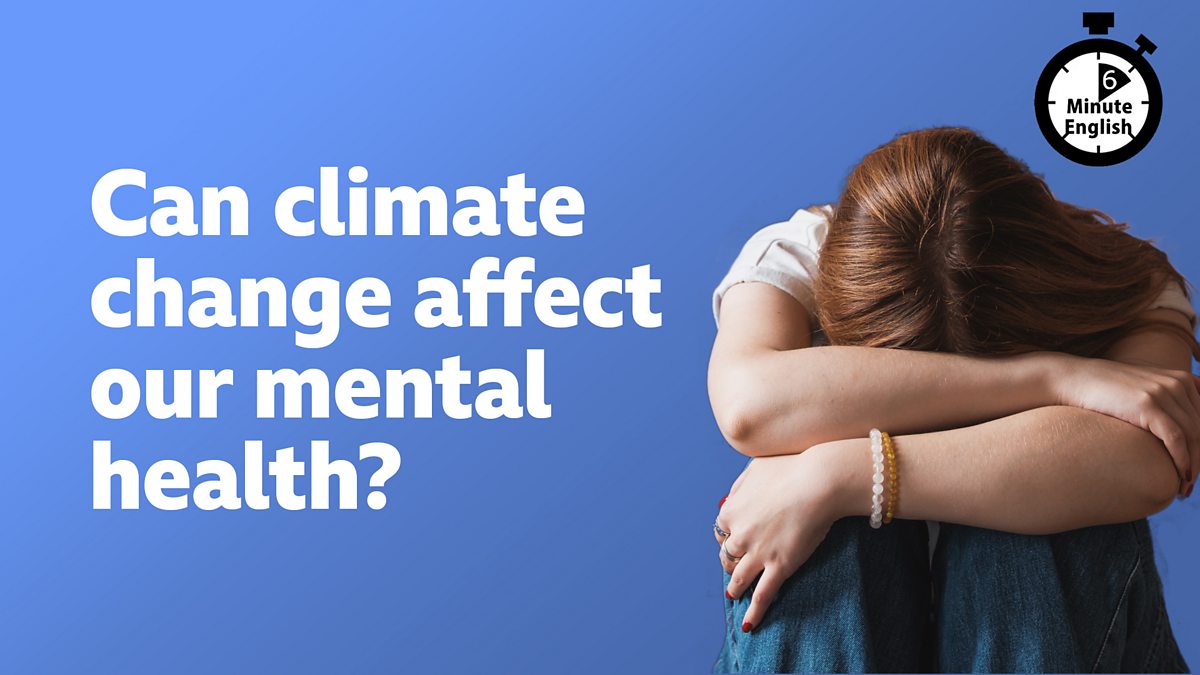Climate Anxiety: How a Changing Planet Impacts Your Mental Wellbeing

The Growing Link Between Climate Change and Mental Health
We often think of climate change in terms of rising sea levels, extreme weather events, and melting glaciers. But increasingly, scientists and mental health professionals are recognizing a less visible, yet equally significant, impact: the toll on our mental wellbeing. From direct experiences with natural disasters to the pervasive worry about the future, climate change is contributing to a growing wave of anxiety, depression, and other mental health challenges.
Climate Trauma: The Emotional Scars of Disasters
For those living in areas frequently impacted by natural disasters—hurricanes, wildfires, floods, droughts—the emotional scars can be profound. This is often referred to as “climate trauma.” Trauma, in this context, describes the deeply distressing and long-lasting emotional consequences of a devastating event or experience. Witnessing destruction, losing loved ones or homes, and facing displacement can trigger post-traumatic stress disorder (PTSD), anxiety, and depression. The repeated nature of these events, as climate change intensifies, exacerbates the trauma and makes recovery even more difficult.
Beyond Direct Impact: 'Climate Anxiety' and Eco-Grief
However, the mental health effects of climate change extend far beyond those directly impacted by disasters. A significant portion of the population is experiencing what’s known as “climate anxiety” – a chronic fear of environmental doom. This anxiety can manifest as worry, helplessness, insomnia, and even panic attacks. Young people, in particular, are expressing deep concern about the future they will inherit, leading to feelings of despair and hopelessness.
Another emerging term is “eco-grief,” which describes the profound sadness and mourning for the loss of ecosystems, species, and natural landscapes. Seeing the degradation of the environment can trigger feelings of loss similar to those experienced with the death of a loved one. The scale of the environmental crisis can make these feelings overwhelming and difficult to process.
Who is Most Vulnerable?
While climate change affects everyone to some degree, certain populations are particularly vulnerable to its mental health impacts. These include:
- Individuals living in disaster-prone areas: As mentioned, repeated exposure to extreme weather events takes a significant toll.
- Young people: Facing an uncertain future can lead to heightened anxiety and despair.
- Indigenous communities: Often deeply connected to the land and reliant on natural resources, these communities experience profound losses with environmental degradation.
- Low-income communities: Disasters disproportionately impact vulnerable populations who may lack the resources to recover.
What Can We Do?
Addressing the mental health impacts of climate change requires a multi-faceted approach. Here are a few steps we can take:
- Acknowledge and validate these feelings: Recognizing that climate anxiety and eco-grief are legitimate responses to a real crisis is the first step.
- Seek support: Talking to friends, family, or a mental health professional can help process difficult emotions.
- Take action: Engaging in climate activism, reducing your carbon footprint, and advocating for change can foster a sense of agency and hope.
- Connect with nature: Spending time in nature can be restorative and grounding.
- Promote community resilience: Building strong social networks and supporting local initiatives can help communities cope with the impacts of climate change.
Looking Ahead
As climate change continues to reshape our world, it’s crucial to prioritize mental wellbeing alongside environmental protection. By understanding the psychological impacts of a changing planet and taking proactive steps to address them, we can build a more resilient and hopeful future for ourselves and generations to come. Ignoring the mental health dimension of climate change is not an option; it's an integral part of the solution.






